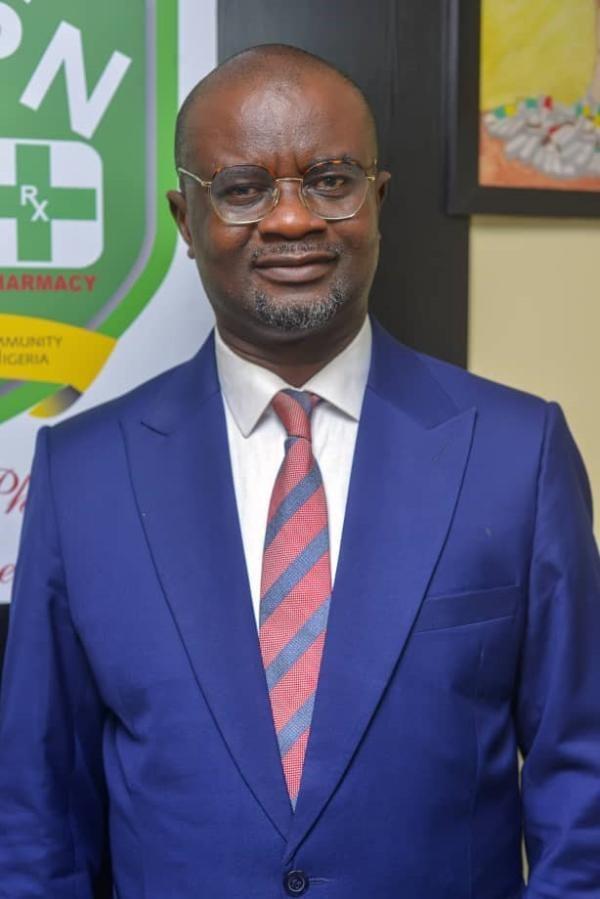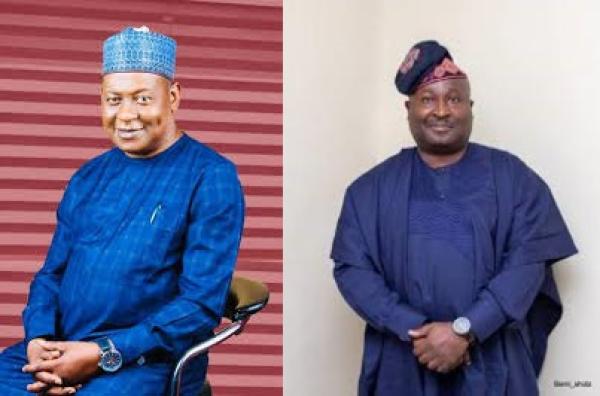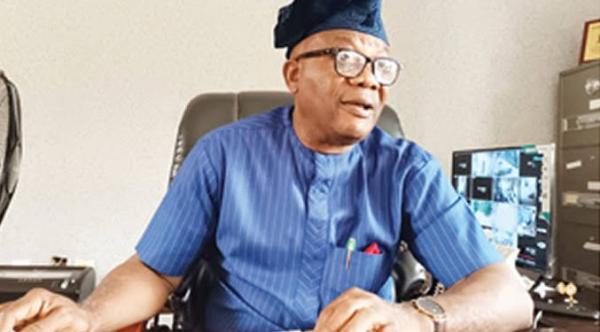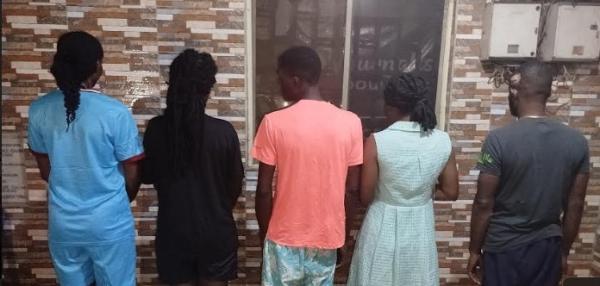
Ahead of the March 8 deadline for the collection of the permanent voters' cards (PVCs), the Independent National Electoral Commission (INEC) has said that over 80 per cent of PVCs have been collected by registered voters in the country.
The commission also said polling would take place in 120,000 polling units and 155,000 voting centers, while assuring the public that all smart card readers (CRs), ballot papers and boxes had been distributed to the respective states and were currently under lock and key at the various branches of the Central Bank of Nigeria (CBN).
Addressing journalists in Abuja on Wednesday, the National Commissioner in Charge of Publicity and Voter Education, Dr. Chris Iyimoga, said: “I am delighted to report that as I speak to you, we have surpassed the eighty per cent threshold for the collection of the PVCs nationwide. We have distributed 55,234,874 PVCs to 68,833,476 registered voters (see attached table).”
On the distribution of the ballot papers and boxes as well as the card readers, Iyimoga said: “As at Tuesday, February 12, 2015, we had received ballot papers meant for all the elections and taken them to the states. They are securely locked at the Central Bank of Nigeria (CBN) vaults across the states and the Federal Capital Territory (FCT), awaiting further distribution on the eve of each of the elections.
“We have also received and distributed all ballot boxes meant for the elections. As we speak, smart card readers have been distributed to the states – enough for all the polling units and voting points.”
On the test-run of the card readers, he said the commission had satisfactorily tested them before the re-scheduling of the elections, “but in order to further conduct rigorous field testing of the functionality of the card readers, they will be tested again before deployment for accreditation of voters on Election Day”.
“Two states from each of the six geopolitical zones of the federation will be involved in the field testing which will take place simultaneously on Saturday, March 7, 2015.
“The states selected for the exercise are: Ekiti and Lagos, (South-west); Anambra and Ebonyi, (South-east); Delta and Rivers, (South-south); Kano and Kebbi, (North-west); Bauchi and Taraba, (North-east); Niger and Nasarawa, (North-central).
“In the course of the field testing, resident electoral commissioners (RECs) of the selected states are charged with the following tasks: selecting one registration area with full complement of the PVCs and with appreciable distribution level of such PVCs for undertaking the field test.
“Ensuring that the register of voters in respect of all polling units in the selected registration area is printed for the conduct of the exercise.
“Carrying out engagements with key stakeholders at the state level, and in particular, stakeholders in the selected registration areas where the exercise would be conducted to ensure massive participation by registered voters.
“The national commissioners are to supervise the conduct of the exercise in their zones and the RECs who are not selected for the exercise would also monitor the conduct of the exercise in their respective zones,” he explained.
Iyimoga added that a meeting with RECs next Wednesday to further review the commission’s overall preparations and readiness to conduct the elections would take place.
The commissioner further highlighted the activities of INEC before the general election to include, a meeting with the political parties to review the commission’s preparedness and briefing of accredited observers.
He however declined to comment on the controversy over the sack or retention of the INEC Chairman, Prof. Attahiru Jega, stating that he would not be distracted over the tenure of the chairman of the commission, as INEC was focused on how to conduct credible elections.
However, as INEC’s preparations for the elections enter the final stretch, the controversy over the propriety of using card readers for the conduct of the election took a new turn, as 15 political parties and five presidential candidates yesterday asked INEC to jettison their deployment for the polls or face boycott of the elections.
Addressing journalists in Abuja, the parties said the concept of using card readers for the elections, has a lot of implications which may negatively impact on the conduct of credible, free and fair elections on March 28 and April 11.
The spokesman of the political parties and National Chairman of the Advanced Congress of Democrats (ACD), Dr. Onwubuya Break-forth, said the first drawback is that this device is relatively a new technology that has not been tested or tried in a kind of mock election or previous formal elections prior to the forthcoming elections.
“Therefore, we the concerned group of leaders of political parties, presidential candidates, governorship and National Assembly candidates, hereby request INEC to stop forthwith, the proposed use of the card readers for this March 28 and April 11 general elections or we may consider boycotting the elections,” he said.
Break-forth argued that delaying the introduction of the card readers would enable the nation and the electoral umpire to properly ascertain its workability and efficiency in the conduct of the general election.
According to the party chief, the consequences of the use of card readers would most likely lead to manipulation and would result in the massive rigging of the elections and ultimately disenfranchise bona fide Nigerian voters.
He said the move by INEC would amount to subjecting the general election to a trial-and-error affair should the card readers fail to live up to expectations.
“Moreover, if the card readers should develop some technical problems, there is a possibility that the consequences of such development would affect about 40 or 50 per cent of the polling booths nationwide.
“Because of the tendency of the card reader device to develop some technical faults any time during the voter accreditation process, that was the reason why all the political parties agreed with INEC recently that the election should be postponed in polling booths where a substantial number of card reader defaults were recorded because it would disrupt the entire election process.
“As major stakeholders in this election process, we suggest that the easiest method of accreditation and verification of PVC should be for INEC to use manual confirmation of the pictures and particulars or data of the PVC holders to ensure that it corresponds with the voters’ register with the electoral officers in the polling units and in front of the party agents. This way, it will minimize the obvious chances of voters’ disenfranchisement.
“We the stakeholders are not saying that an improved and faster technology should not be used to achieve development in the electoral process, but it should not be in the general election. The PVCs have already solved a lot of these problems.
“We also want INEC to respond to this emergency and also within 24 hours, approve our request because time is of the essence. This positive response is necessary so that we would be able to meet the demands of our party members and majority of the Nigerian voters who have expressed great anxiety and concern over this matter.
“Since Prof. Attahiru Jega has shown lack of professionalism and good judgment in his actions so far in the conduct of the 2015 elections and since he has about three months to the end of his tenure as INEC chairman, we the stakeholders urge him to quietly consider proceeding on terminal leave so that a more competent person can handle the current election process,” he stated.
Three of the political parties' leaders, who signed the statement on behalf of the parties, included the National Chairman of the MEGA Progressive Peoples Party (MPPP), Prince Dare Falade; presidential candidate of the Peoples Party of Nigeria (PPN), Dr. Kelvin Chinedu Opumu Alagoa; and the National Chairman of Alliance for Democracy (AD), Dr. Rafiu Salau.
Source: THISDAY






















